Indigenous Governance Database
Northern Cheyenne Tribe
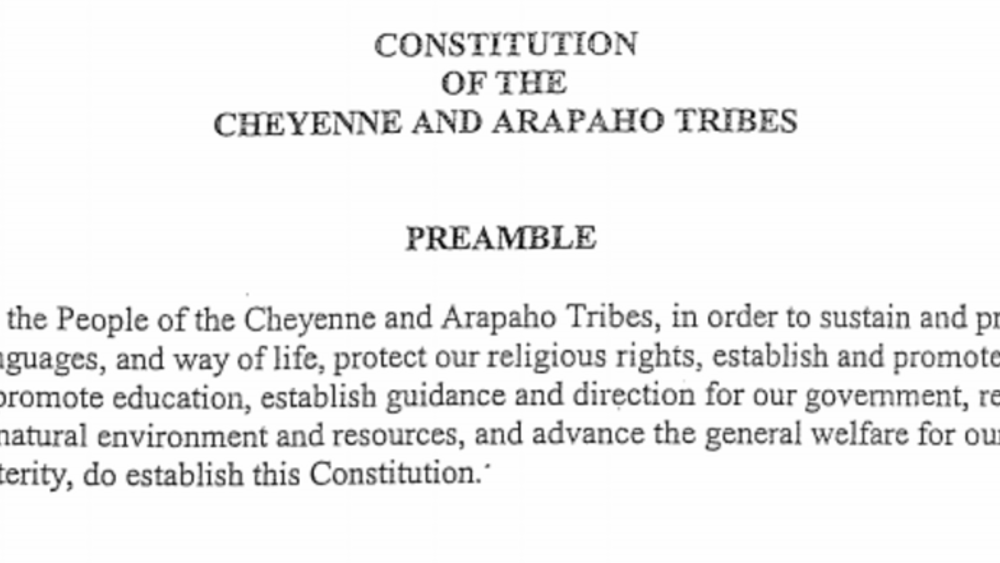
Cheyenne and Arapaho Tribes: Terms of Office Excerpt
ARTICLE VI - LEGISLATIVE BRANCH Section 3. Terms. District Legislator's shall serve four year staggered terms of office. A Legislator shall be eligible to serve three consecutive terms under this Constitution. Upon the completion of the third consecutive term, the Legislator shall not be…
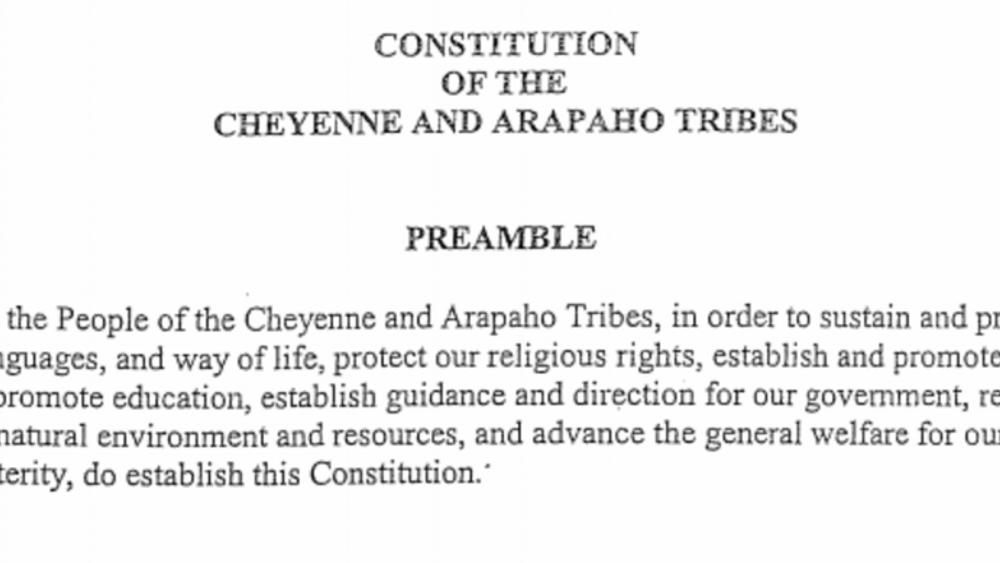
Cheyenne and Arapaho Tribes: Legislative Functions Excerpt
ARTICLE VI - LEGISLATIVE BRANCH Section 1. Composition. The Legislative Branch shall be comprised of one Legislature. The Legislature shall consist of four Cheyenne Districts and four Arapaho Districts. Each Cheyenne District shall have one Cheyenne Legislator and each Arapaho District shall have…
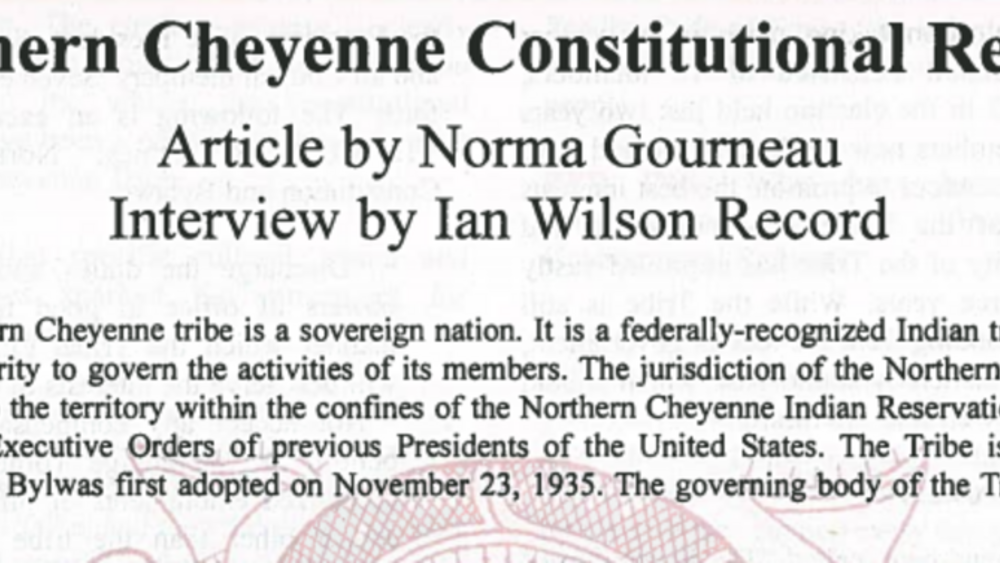
Northern Cheyenne Constitutional Reform
The Northern Cheyenne Tribe is a sovereign nation. It is a federally-recognized Indian tribe with powers and authority to govern the activities of its members. The Tribe is governed by a Constitution and Bylaws first adopted on November 23, 1935. In the early 1990s, in order to meet the…
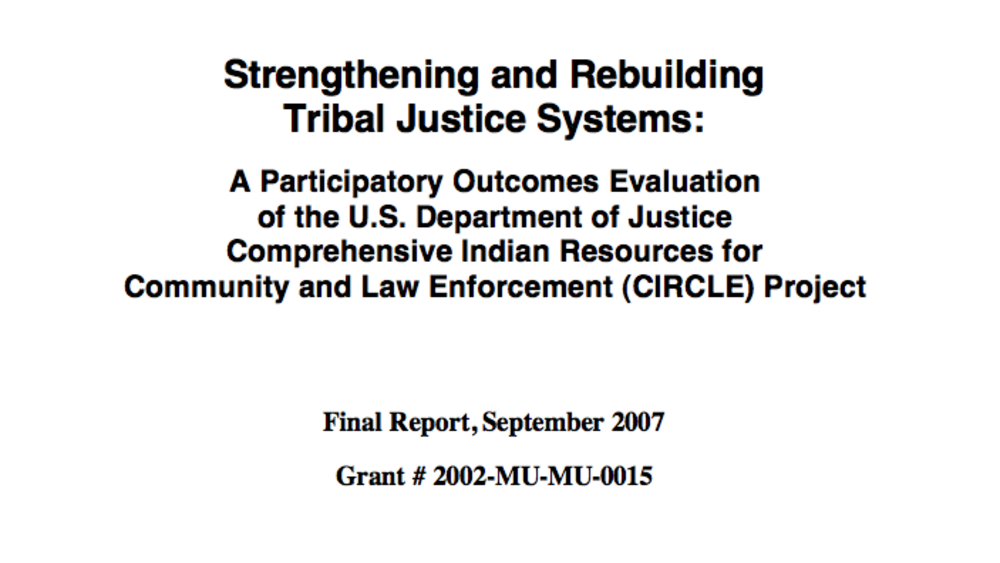
Strengthening and Rebuilding Tribal Justice Systems
Assesses the U.S Department of Justice's Comprehensive Indian Resources for Community and Law Enforcement (CIRCLE) Project, which aimed to help participating tribes implement strategies for making the individual components of their justice systems work better in addressing crime and related social…
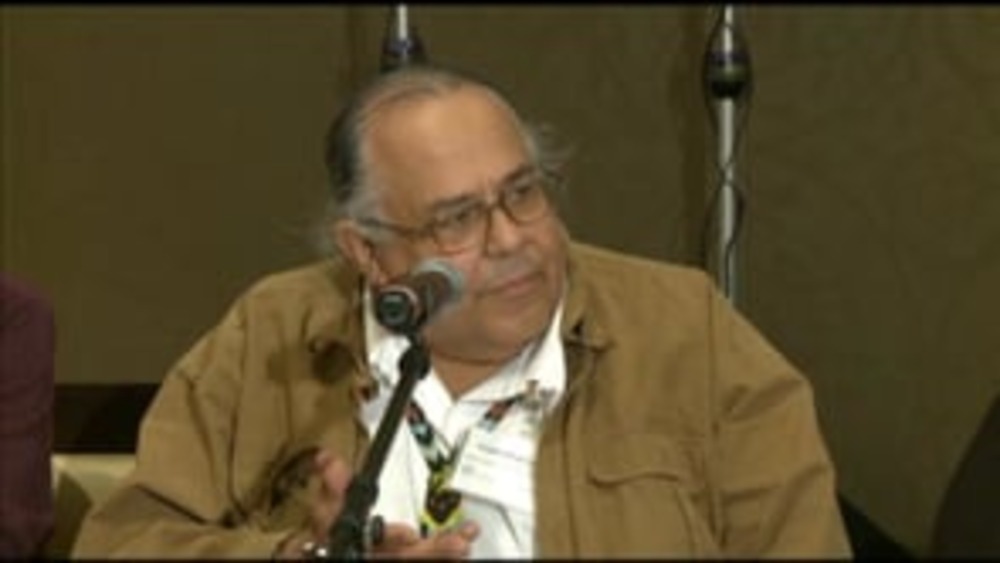
Constitutional Reform: A Wrap-Up Discussion (Q&A)
NNI "Tribal Constitutions" seminar presenters, panelists and participants Robert Breaker, Julia Coates, Frank Ettawageshik, Miriam Jorgensen, Gwen Phillips, Ian Record, Melissa L. Tatum and Joan Timeche field questions from the audience about separations of powers, citizenship, blood quantum and…

Northern Cheyenne Tribe starts business arm
How can a dent be put into the 72% unemployment rate on the Northern Cheyenne Reservation? One solution is business development, particularly tribal enterprise. Not a new concept because the Northern Cheyenne Tribe has established, owned and operated several businesses over the years gaining a…
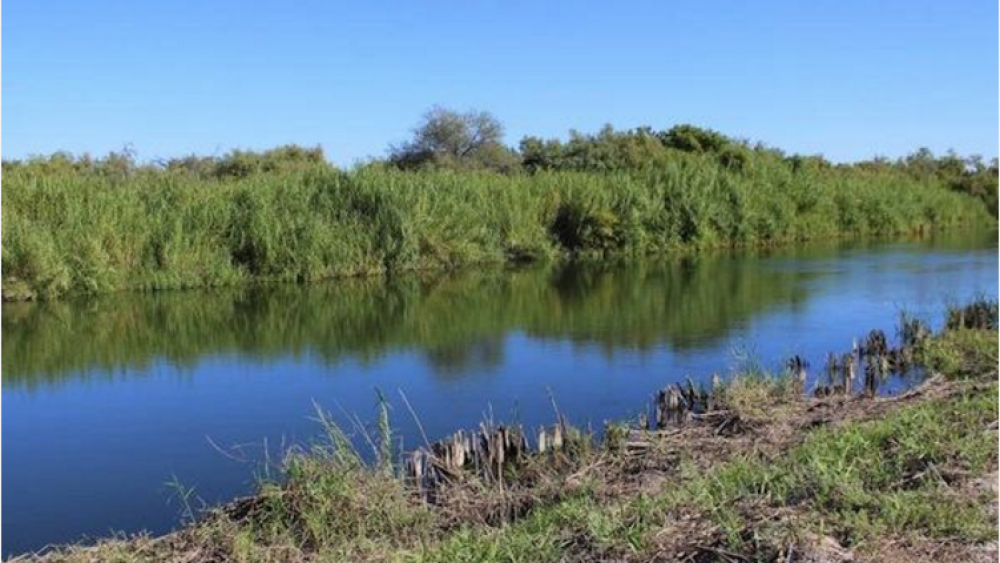
7 Tribal Programs That Protect Our Winged and Four-Legged Brothers
The news is full of sad stories about dying animals, species of all kinds being wiped out, and the random shooting of animals, among other depressing events. Amid all that it’s easy to forget that efforts aplenty are afoot to reverse the declines, save species, restore habitat and pull endangered…
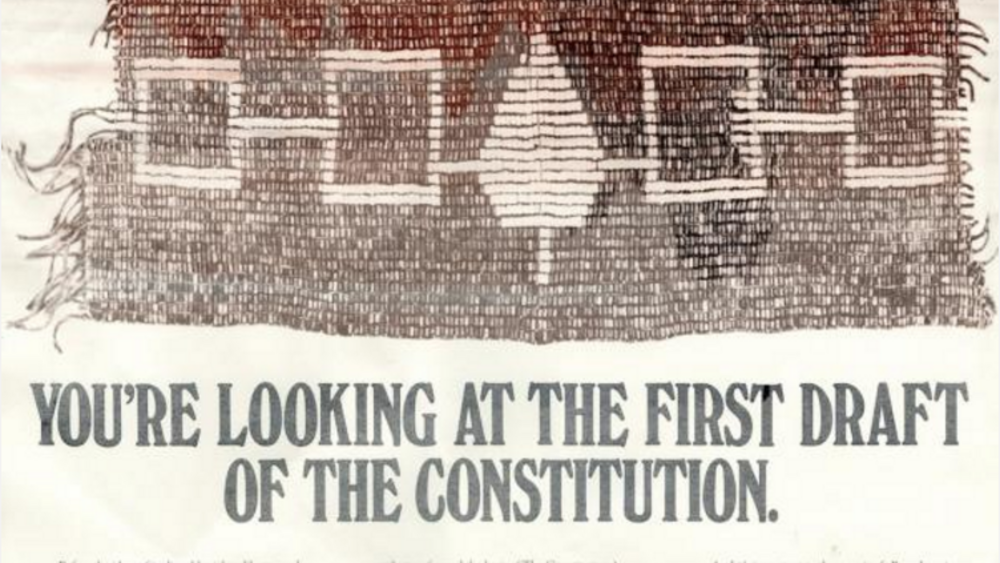
Kin-Based Governments Can Be Successful and Profitable
A key to understanding American Indian nations, and Indigenous Peoples in general, is local community organization. Local groups, as basic building blocks of indigenous nations, play a powerful role in tribal or national consensus building and decision-making. The ways that local indigenous groups…
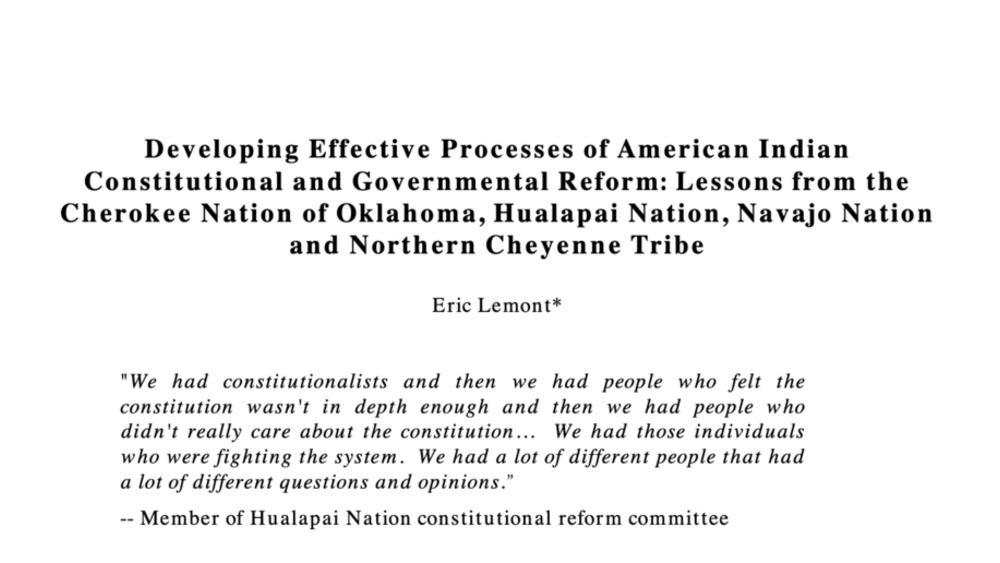
Developing Effective Processes of American Indian Constitutional and Governmental Reform: Lessons from the Cherokee Nation of Oklahoma, Hualapai Nation, Navajo Nation and Northern Cheyenne Tribe
Over the past several decades, numerous American Indian nations have been revising their constitutions to create more legitimate, effective and culturally-appropriate governments. However, successful processes of reform have been hindered by a variety of universal challenges, including political…
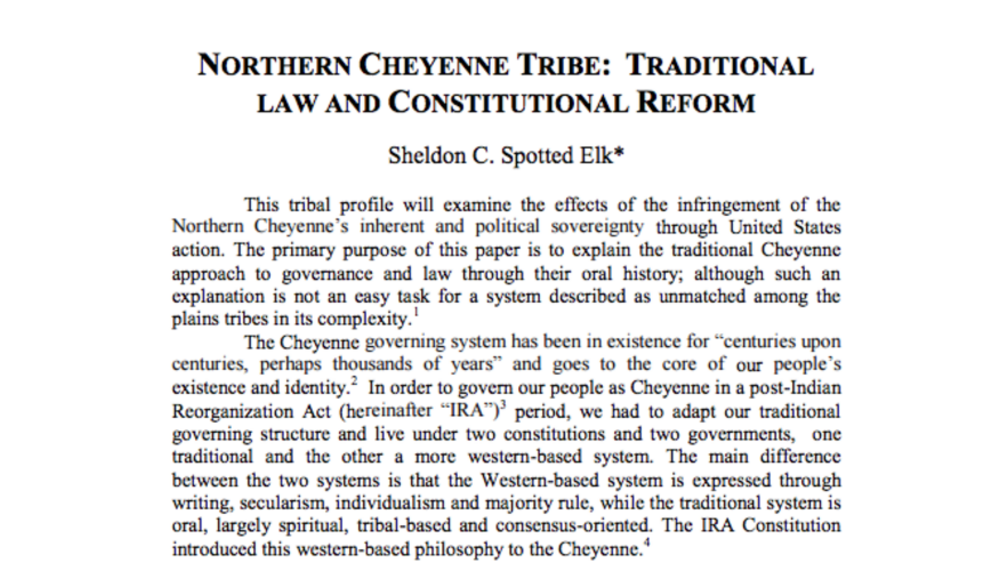
Northern Cheyenne Tribe: Traditional Law and Constitutional Reform
This profile by Sheldon C. Spotted Elk examines the U.S. government's infringement on the Northern Cheyenne's political sovereignty. Most significantly, it examines the relationship between the oral history of the Northern Cheyenne and its impact on traditional tribal governance and law. Following…

Native American Lands and Natural Resource Development
The rules that govern oil, gas and mining on American Indian tribal lands are complex, and the tribes that seek economic development through natural resources face a range of challenges. In this report, Revenue Watch gives an overview of the issues and describes current approaches to natural…
